Ursocol 150
Ursocol 150 is a biliary agent (also known as a gallstone dissolving agent) that is used to treat gallstones, primary biliary cholangitis (a liver autoimmune disease), high cholesterol in bile, and children over the age of 6 with cystic fibrosis-related biliary and liver illnesses.
Ursocol 150 contains ursodeoxycholic acid, a naturally occurring bile acid. Ursocol 150 reduces cholesterol synthesis in the blood, thereby dissolving gall bladder stones composed of cholesterol. Ursocol 150 protects liver cells from bile acid-induced damage while enhancing liver function.
Ursocol 150 must be consumed with food. Ursocol 150 should be swallowed whole with a glass of water; it should not be chewed or crushed. Depending on your medical condition, you must take Ursocol 150 for the prescribed duration. In some instances, common adverse effects such as abdominal discomfort, abdominal pain, diarrhea, nausea, rash, dizziness, indigestion, and weakness may occur. The majority of these side effects do not require medical intervention and will subside over time. However, if you experience these side effects frequently, you should consult your physician.
Ursocol 150 should not be discontinued without consulting a physician first. Continue taking Ursocol 150 for as long as prescribed to treat your disease effectively. Before using Ursocol 150, inform your doctor if you have variceal hemorrhage (high blood pressure in portal veins), ascites (excess abdominal fluid), liver encephalopathy, or liver disease. If you are pregnant or breastfeeding, you should not take Ursocol 150 without your doctor’s approval. Ursocol 150 can be administered to children over the age of six if prescribed by a physician. Alcohol should be avoided while taking Ursocol 150, as it may cause drowsiness and liver damage. To rule out any adverse effects, keep your doctor informed of your current health status and medications.
Ursocol 150 is used to treat gallstones, primary biliary cholangitis, and biliary and liver diseases caused by cystic fibrosis.
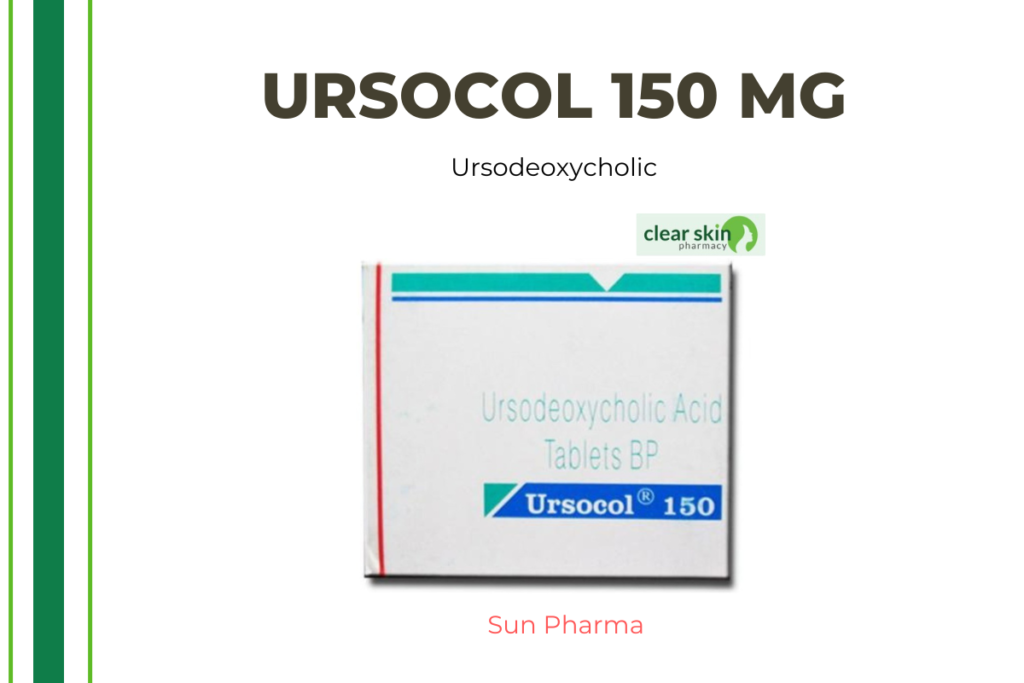
Medicinal Advantages
Ursocol 150 contains ursodeoxycholic acid, a naturally occurring bile acid. It belongs to the class of drugs known as biliary agents or gall stone dissolving agents, which are used to treat gallstones, primary biliary cholangitis (an autoimmune disease of the liver), and excess cholesterol in bile in children over the age of six who have cystic fibrosis-related biliary and liver diseases. Ursocol 150 eliminates gallstones by degrading the cholesterol that has accumulated within them. Ursocol 150 has a protective effect on liver cells and the immune system, thereby enhancing liver function. Ursocol 150 inhibits both the liver’s production and absorption of cholesterol. Ursocol 150 improves bile flow in primary biliary cirrhosis patients.
Use Instructions
Ursocol 150 must be consumed with food. Ursocol 150 should be swallowed whole with a glass of water; it should not be chewed or crushed. Your doctor will determine the duration of Ursocol 150 treatment based on your medical condition.
Place in a cool, dry area out of direct sunlight.
Ursocol 150 Side Effects
As with all medications, Ursocol 150 can cause side effects, though not everyone will experience them. As well as stomach pain, diarrhea, nausea, fever, and cough, Ursocol 150 is known to cause rash, dizziness, indigestion, black or tarry stools, frequent and painful urination, and weakness. If you experience any of these side effects frequently, please consult a physician.
Drug Recommendations
Do not take Ursodeoxycholic if you have inflammation of the gall bladder and bile ducts, narrowing or blockage of the bile ducts, biliary colic, hard gallstones, incorrect gallbladder constriction, or a stomach or duodenal ulcer. Inform your doctor beforehand if you have variceal hemorrhage (high blood pressure in portal veins), ascites (excess abdominal fluid), liver encephalopathy, or liver disease. Ursodeoxycholic may decrease the absorption of antibiotics (ciprofloxacin and dapsone) and antihypertensive agents (nitrendipine), increase the effect of immunosuppressants (cyclosporine), oral contraceptives (oestrogen), and cholesterol-lowering agents (clofibrate), and promote gallstone formation. Before taking Ursodeoxycholic with other medications, consult your physician. If you are pregnant or breastfeeding, you should not take Ursodeoxycholic without your doctor’s approval. If prescribed by a physician, ursodeoxycholic can be given to children older than six years old. Alcohol should be avoided while taking Ursodeoxycholic, as it can cause drowsiness and liver damage. Inform your doctor of your health condition and medications to rule out the possibility of undesirable side effects.
Interactions Between Drugs
ursodeoxycholic may interact with antibiotics (ciprofloxacin and dapsone), antihypertensive medications (nitrendipine), immunosuppressants (cyclosporine), hormones (oestrogen), and antacids (aluminum hydroxide, aluminum carbonate, magaldrate).
There have been no food-drug interactions discovered or established.
Ursodeoxycholic may interact with biliary obstruction, liver damage, variceal hemorrhage (high blood pressure in portal veins), ascites, and liver encephalopathy.
Safety Suggestions
ALCOHOL
Alcohol should not be consumed while taking Ursodeoxycholic, as it may cause dizziness and liver damage.
PREGNANCY
Ursodeoxycholic is classified as a category B substance for use during pregnancy. Please consult your physician if you have any concerns; your physician will only prescribe medication if the benefits outweigh the risks.
BREAST FEEDING
Consult your doctor before using Ursodeoxycholic; your doctor will determine whether or not breastfeeding mothers can take Ursodeoxycholic.
DRIVING
Ursodeoxycholic has no influence on driving ability. However, caution should be exercised if you experience dizziness while operating a motor vehicle.
LIVER
In patients with liver disease, it may be necessary to adjust the dosage. If you have any concerns about this or if you have a liver condition, please consult a physician.
KIDNEY
In patients with kidney disease, it may be necessary to adjust the dosage. Please consult a physician if you have any concerns about this or if you have kidney impairment.
No habits formed
Advice on Diet and Lifestyle
Include in your diet bell peppers, citrus fruits, green vegetables, tomatoes, milk, fish, low-fat dairy, beans, nuts, lentils, tofu, and tempeh.
Consume a wholesome, balanced diet abundant in fruits and vegetables.
Dietary sources of vitamin B, vitamin C, and calcium are beneficial to the gallbladder.
The plant-based protein sources beans, almonds, lentils, tofu, and tempeh can help prevent gallbladder disease.
Avoid consuming high-fat, trans-fat, and processed foods.
The consumption of sugars, white bread, and white pasta should be avoided.
Nicotine and alcohol consumption should be avoided.
Recommendations
Your doctor may recommend periodic liver function tests to monitor liver function and treatment progress.
Ursodeoxycholic can cause hair thinning and loss in some individuals; if you are losing a significant amount of hair, consult your physician.
Additional Information: This item is non-refundable.
Glossary of Diseases and Conditions
Primary biliary cholangitis (previously known as primary biliary cirrhosis) is an autoimmune disease caused by liver bile duct damage. Bile ducts are small tubes that transport bile (digestive fluid) from the liver to the small intestine, where it facilitates absorption and the breakdown of lipids. Biliary cirrhosis is a condition in which bile accumulates in the liver, resulting in organ damage.
Gallbladder stones: The gallbladder is a small organ located beneath the liver that stores bile, which aids digestion. Gallstones form when the bile contains an excessive amount of cholesterol. Symptoms associated with gallstones include abdominal pain, black urine and feces, indigestion, diarrhea, nausea, and vomiting.
The genetic disorder cystic fibrosis affects the digestive and respiratory systems. In this illness, the body produces a viscous fluid that obstructs the pancreas and clogs the lungs.
FAQs
Ursodeoxycholic prevents gallstone formation by inhibiting cholesterol synthesis and dissolving cholesterol in bile. In primary biliary cirrhosis, ursodeoxycholic decreases the dangerous accumulation of bile acids.
Do not discontinue Ursodeoxycholic without first consulting your doctor. Continue taking Ursodeoxycholic for as long as prescribed to treat your illness effectively. If you experience any issues while taking Ursodeoxycholic, consult your doctor immediately.
Ursodeoxycholic may have the adverse effect of causing diarrhea. If you have diarrhea, consume copious amounts of water and fiber-rich foods. Consult a physician if you observe blood in your stools (tarry stools) or if you have excessive diarrhea. Do not administer anti-diarrheal medication to yourself.
Avoid taking aluminum-containing antacids with Ursodeoxycholic, as they may prevent absorption of Ursodeoxycholic. Maintain a 2-hour interval between the events.
Ursodeoxycholic may decrease the effectiveness of antibiotics (ciprofloxacin and dapsone) and hypertensive drugs (nitrendipine). Ursodeoxycholic may intensify the immunosuppressive effects of immunosuppressants (cyclosporine). Clofibrate, a cholesterol-lowering drug, may promote gallstone formation. Before combining Ursodeoxycholic with other medications, consult a physician to avoid unpleasant side effects.
Oral contraceptives (oestrogen) may enhance gallstone development. If you have any concerns, consult your physician; he or she may recommend alternative contraceptive methods.
If your doctor has prescribed Ursodeoxycholic for the treatment of gallstones, be sure to take it as directed.
If prescribed by a physician, ursodeoxycholic can be given to children older than six years old. Ursodeoxycholic is used to treat biliary and liver problems in children with cystic fibrosis over the age of six (an inherited condition).

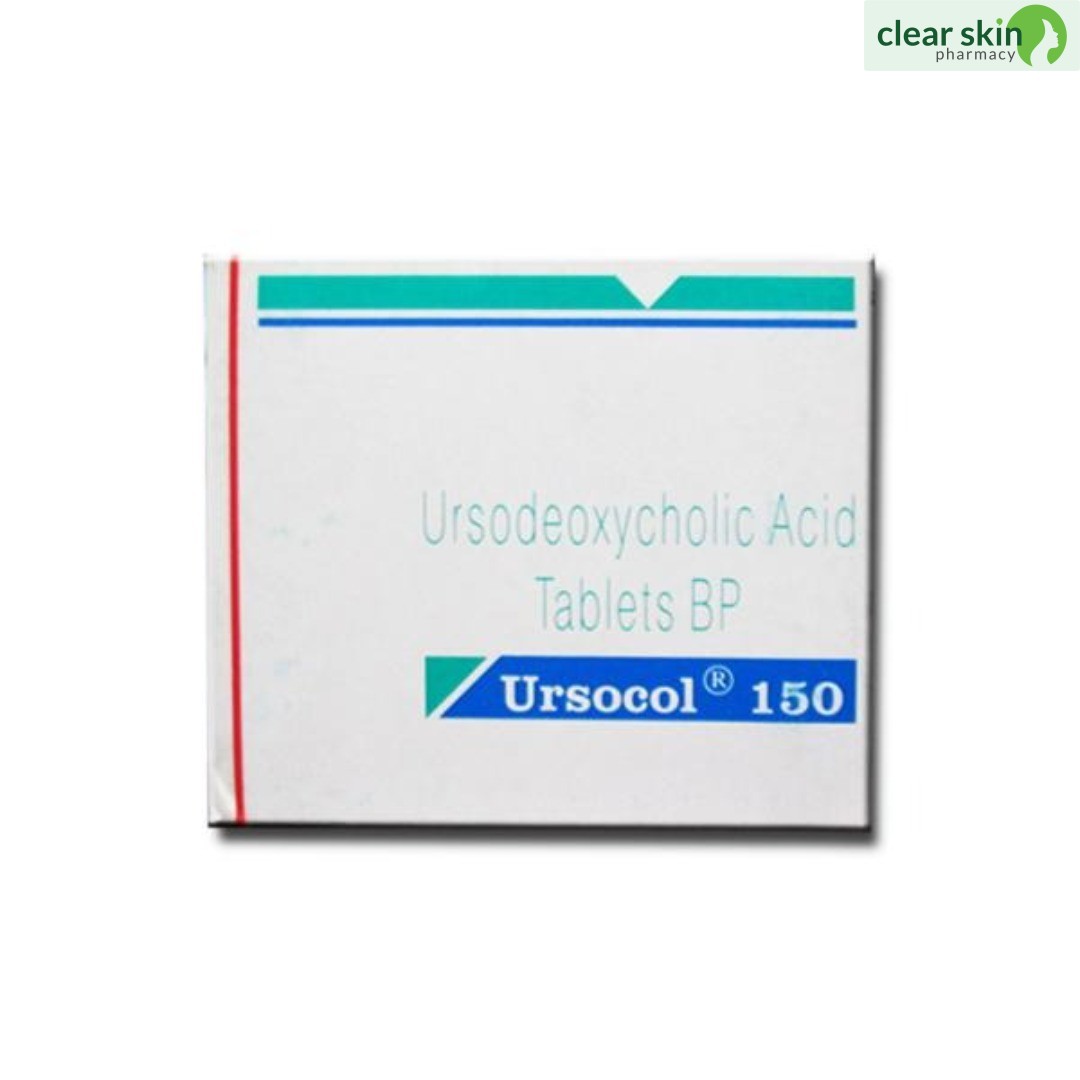

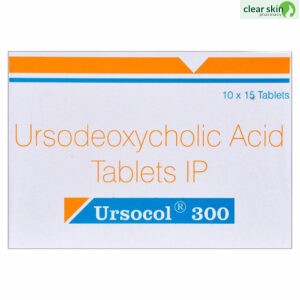

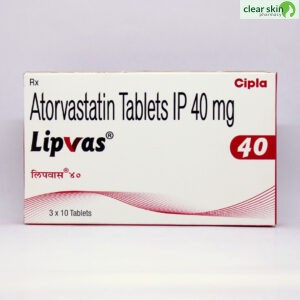
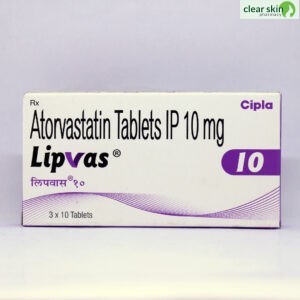

Be the first to review “URSOCOL 150 MG 15 Tablets”